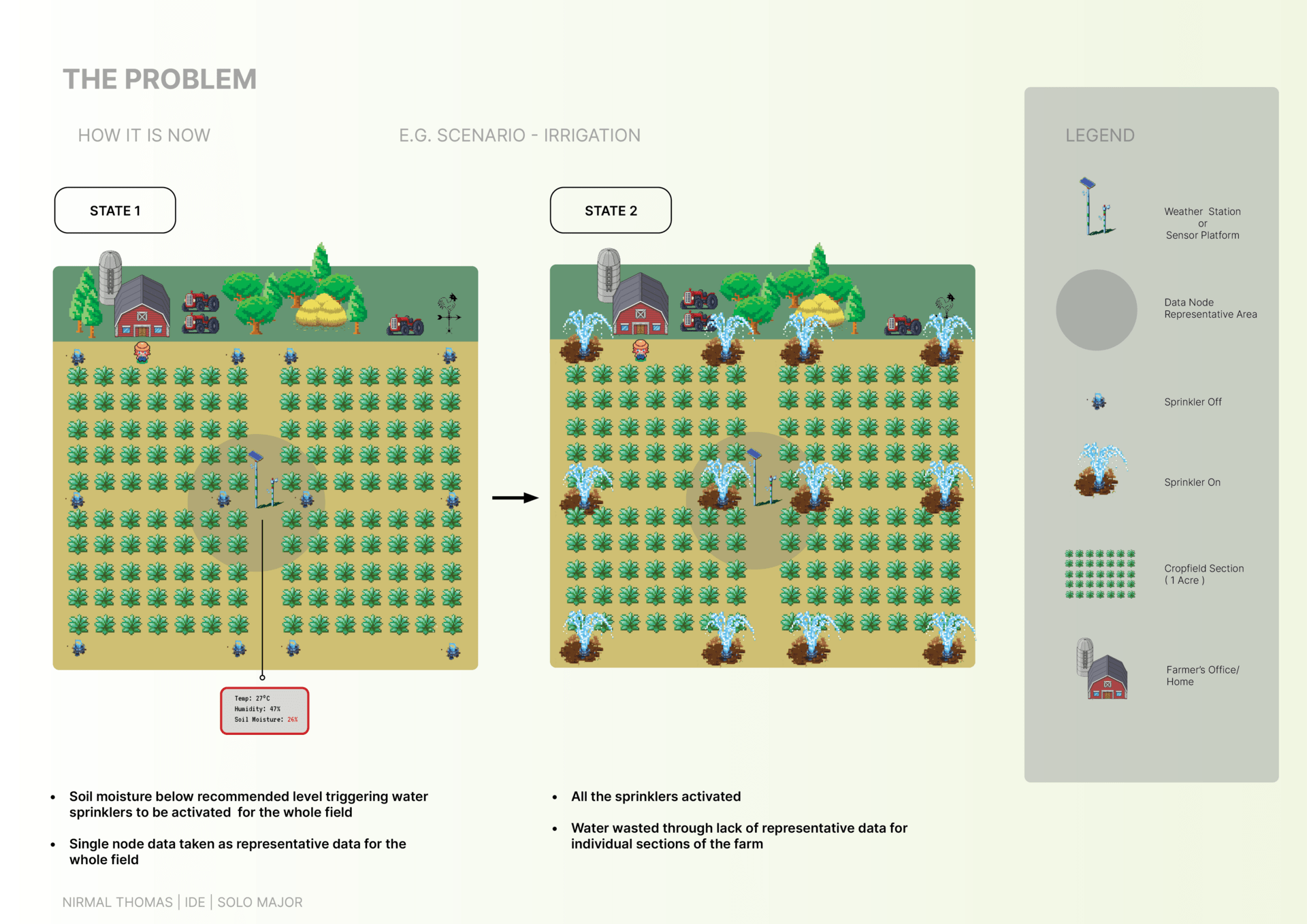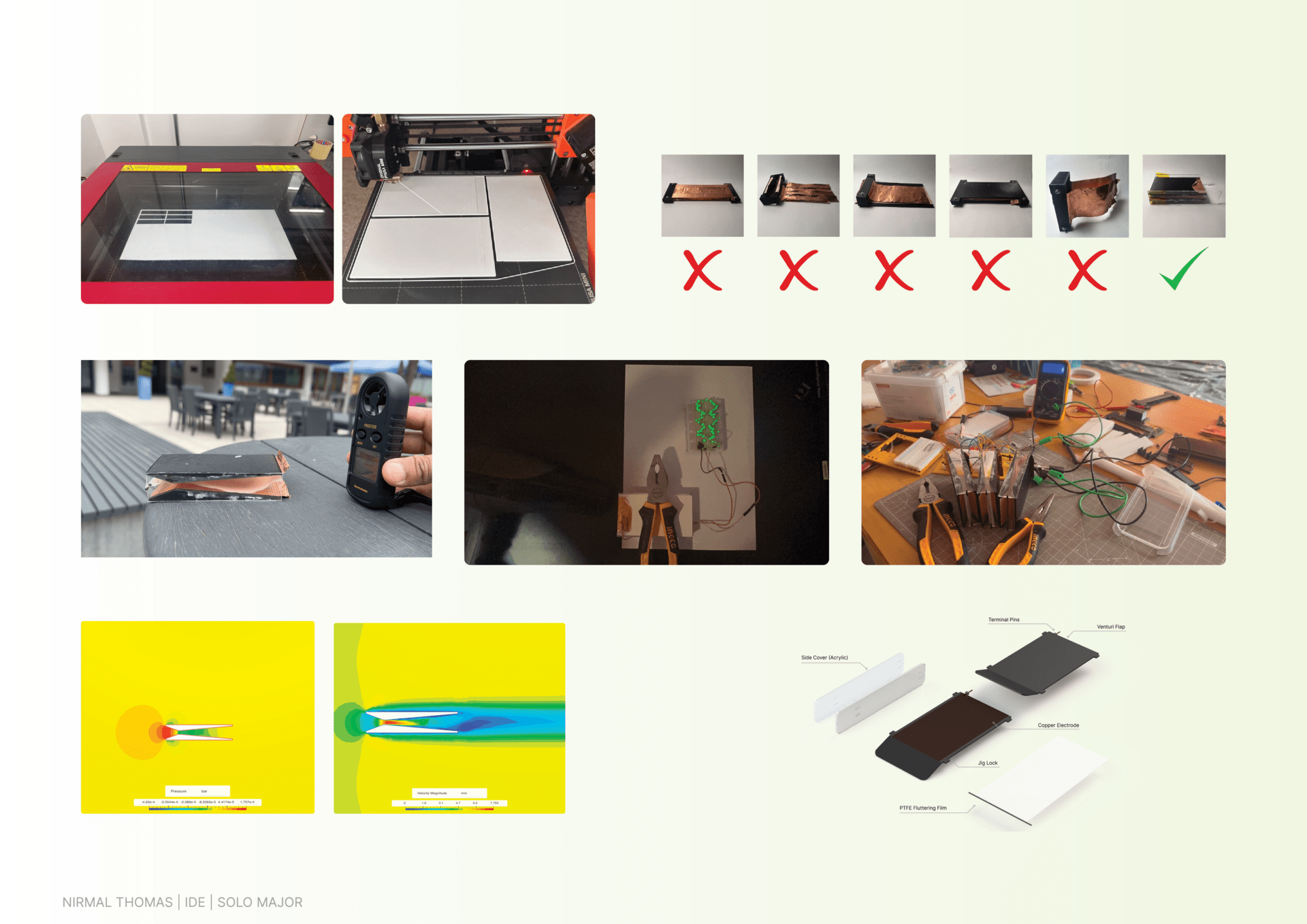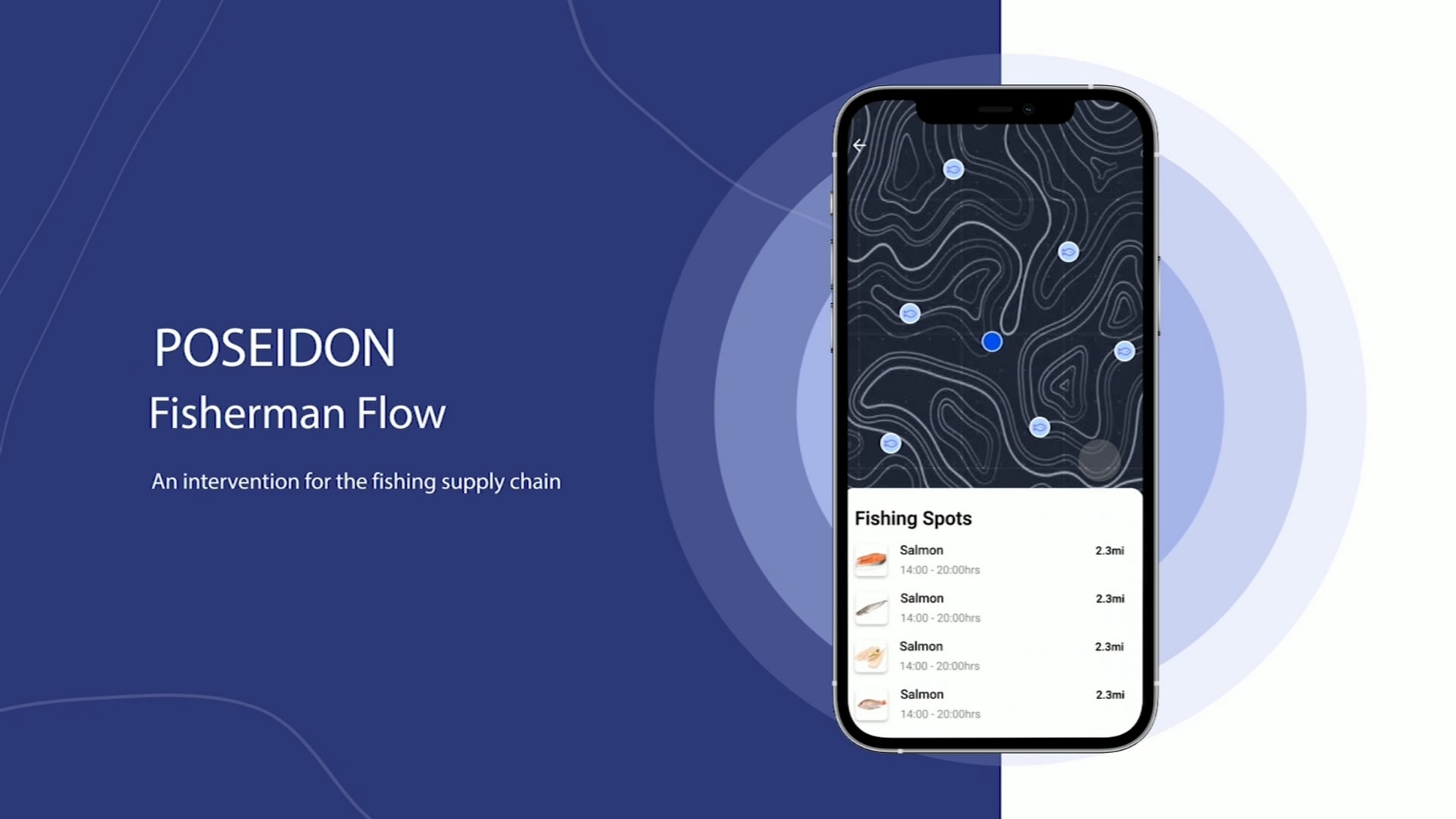ANEMO is a tiny step towards a Solarpunk future, a movement for a sustainable future where technology, nature, and community are interconnected in harmony. Utilizing novel technology like triboelectric nanogenerators, I have developed a low-cost, low-powered, and easy-to-deploy energy platform that will enable farmers to passively power agricultural IoT sensors connected to it, scavenging energy from ambient wind.
My project's problem extends beyond simply developing a wind-based triboelectric nanogenerator for powering agricultural IoT sensors. The bigger picture is promoting sustainable agriculture practices, improving food security, and supporting rural communities.
Agriculture faces numerous challenges in many parts of the world, including climate change, soil erosion, and water scarcity. These challenges not only threaten farmers' livelihoods but also have far-reaching implications for food security and the planet's health.
IoT sensors are widely being developed, pushed and marketed by governments and companies worldwide to be used in the agricultural sector. The benefit of using these techs is clear and straightforward. However, the adoption of IoTs is sluggish due to a variety of reasons like the cost of upfront investment, lack of robust connectivity, and high power consumption, paired with limited access to energy sources and short battery life.
Through a self-contained energy harvesting platform like Anemo, small-scale and independent farmers will be able to widely deploy and utilize otherwise slowly adopted systems like IoT sensors in their farms to monitor and gather crucial data like temperature, humidity, soil moisture, etc., and can help promote sustainable agriculture practices that preserve soil health, reduce water usage, and support biodiversity. This has important implications for the environment and food security, as sustainable agriculture practices can help ensure a stable and resilient food supply for future generations.
Furthermore, by enabling independent farmers to access and use data to make better decisions, my project can help promote equity and social justice in agriculture. By levelling the playing field and enabling small farmers to compete with larger, industrial-scale operations, my project can help support rural communities and promote local food production.
My project intends to make a meaningful contribution to addressing some of the biggest challenges facing agriculture today, including climate change, food security, and rural development. By developing a technology that supports sustainable and equitable agriculture practices, I help build a more just and sustainable food system for all.










